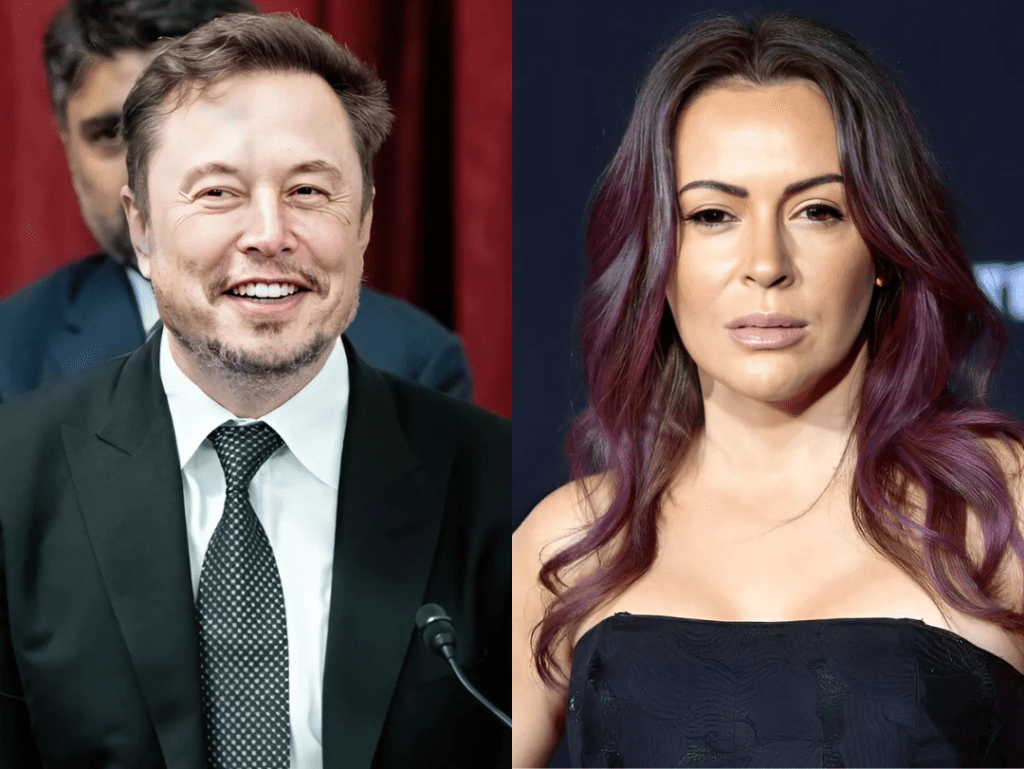Actress Alyssa Milano has publicly accused Elon Musk of causing her career decline and financial crisis, demanding $400 million in damages. Milano alleges that Musk’s influence and business decisions have directly contributed to her professional setbacks and ongoing financial difficulties.
Milano’s feud with Musk dates back several years, particularly regarding his management of Twitter, now rebranded as X. She claims that Musk’s acquisition of Twitter led to a dramatic shift in the platform’s content moderation policies, enabling a surge of online abuse and misinformation. Milano asserts that this hostile online environment has tarnished her reputation, making it difficult to secure acting roles and endorsements. She also argues that Musk’s controversial business moves, including reinstating banned accounts, have emboldened individuals who have sought to discredit and attack her publicly.

Critics of Milano’s lawsuit argue that her declining presence in Hollywood was a trend long before her feud with Musk. Known for iconic roles in “Charmed” and “Who’s the Boss?”, Milano has not secured major film or TV roles in recent years, raising questions about whether her professional setbacks are rooted in more than just her clash with Musk.
Public reaction to Milano’s accusations has been mixed. Supporters argue that her struggles result from retaliation by powerful figures like Musk against outspoken critics. Conversely, Musk’s fans contend that Milano is shifting blame for her fading career instead of adjusting to the evolving industry. Neutral observers view this battle as a broader symbol of the ongoing culture clash between Hollywood elites and Silicon Valley powerhouses.
As the legal battle unfolds, it is likely to spark further debates about the role of social media in shaping public perceptions and the extent to which tech leaders should be held responsible for the consequences of their platform policies. Milano’s lawsuit may set a precedent for future legal disputes between celebrities and social media executives, highlighting the evolving relationship between digital influence, reputation, and financial stability in the modern entertainment industry.


